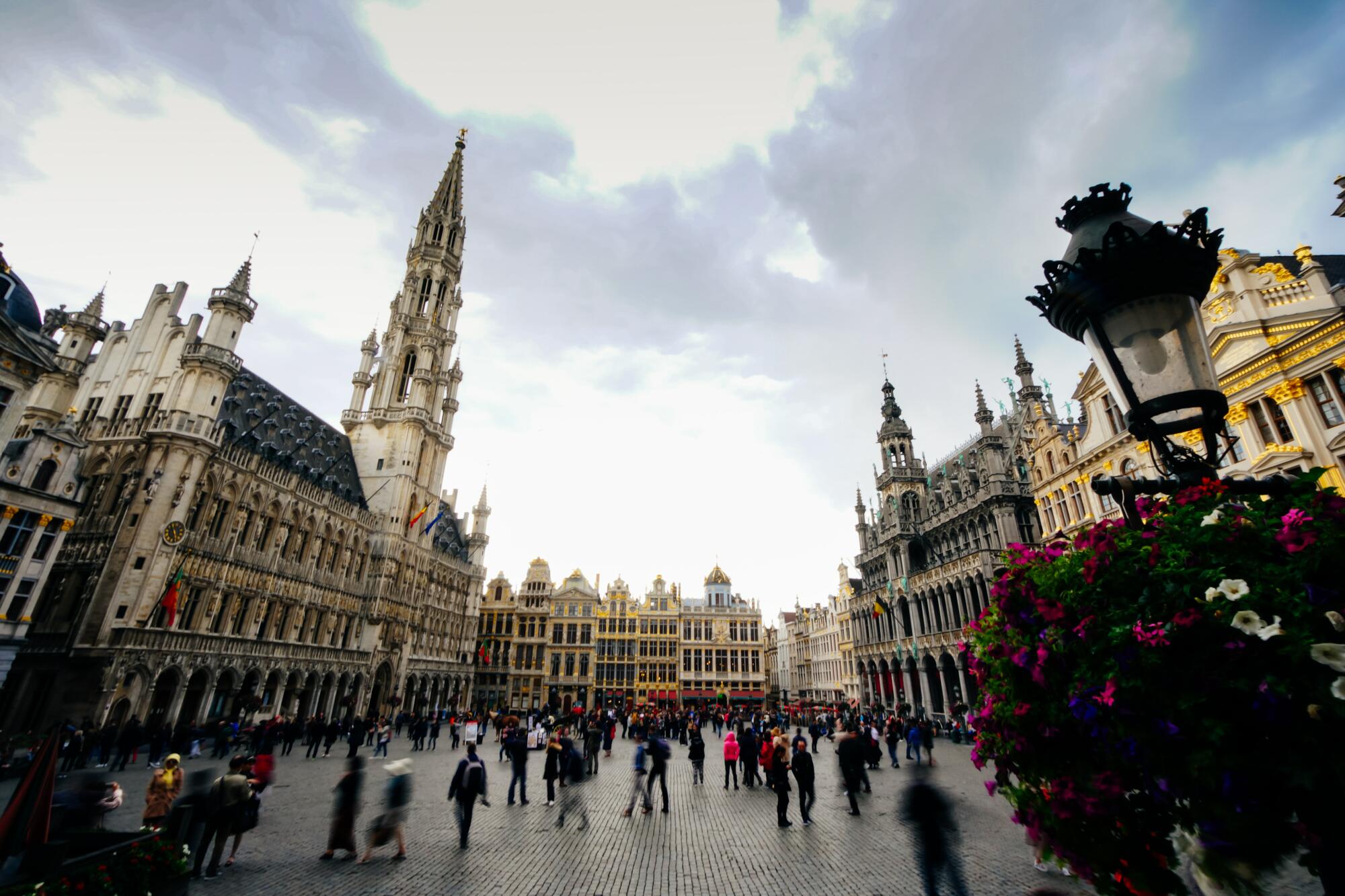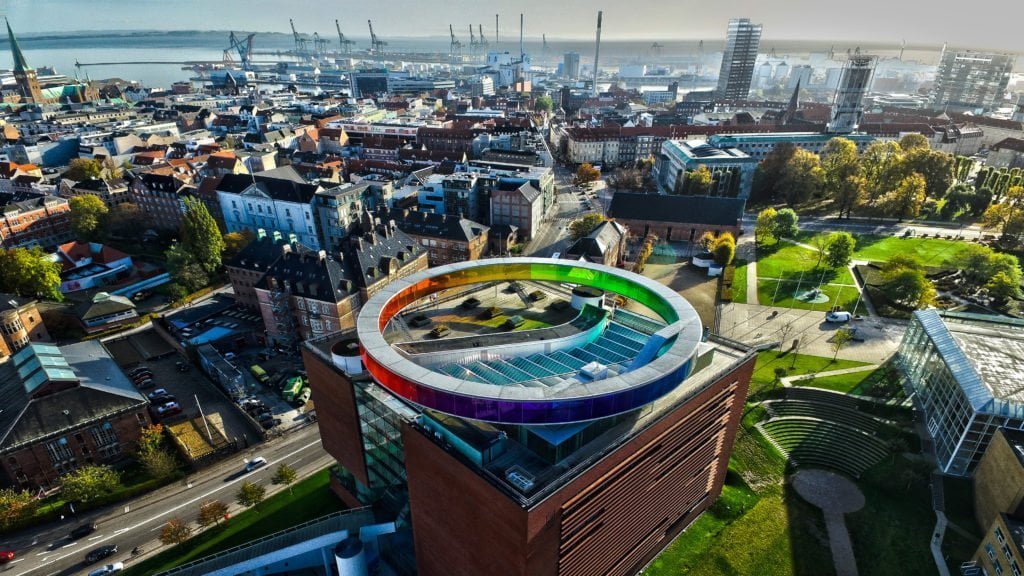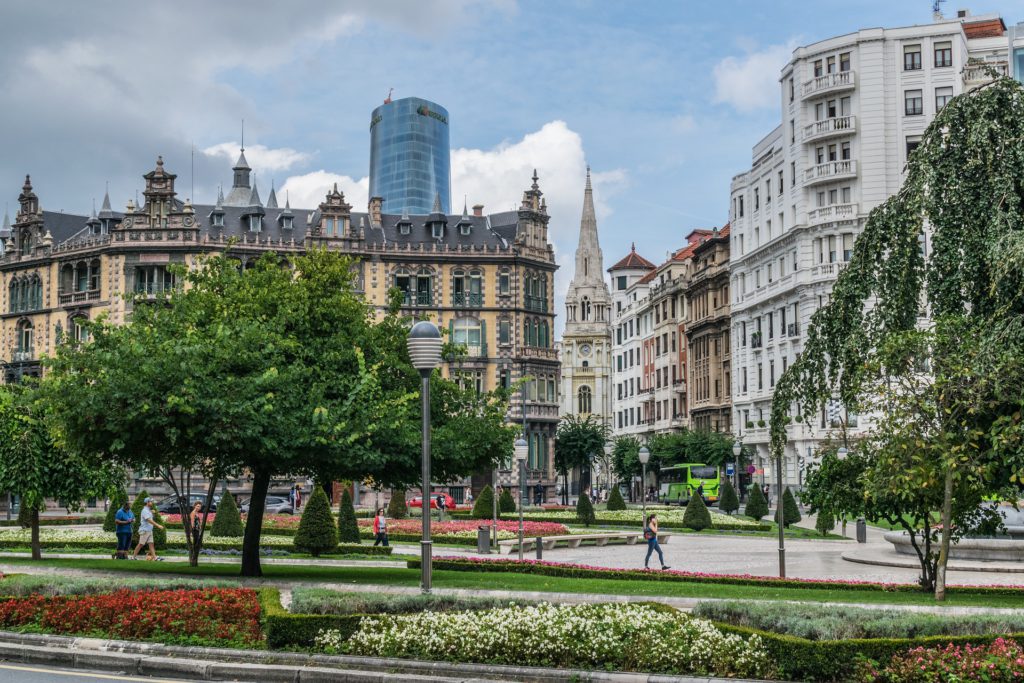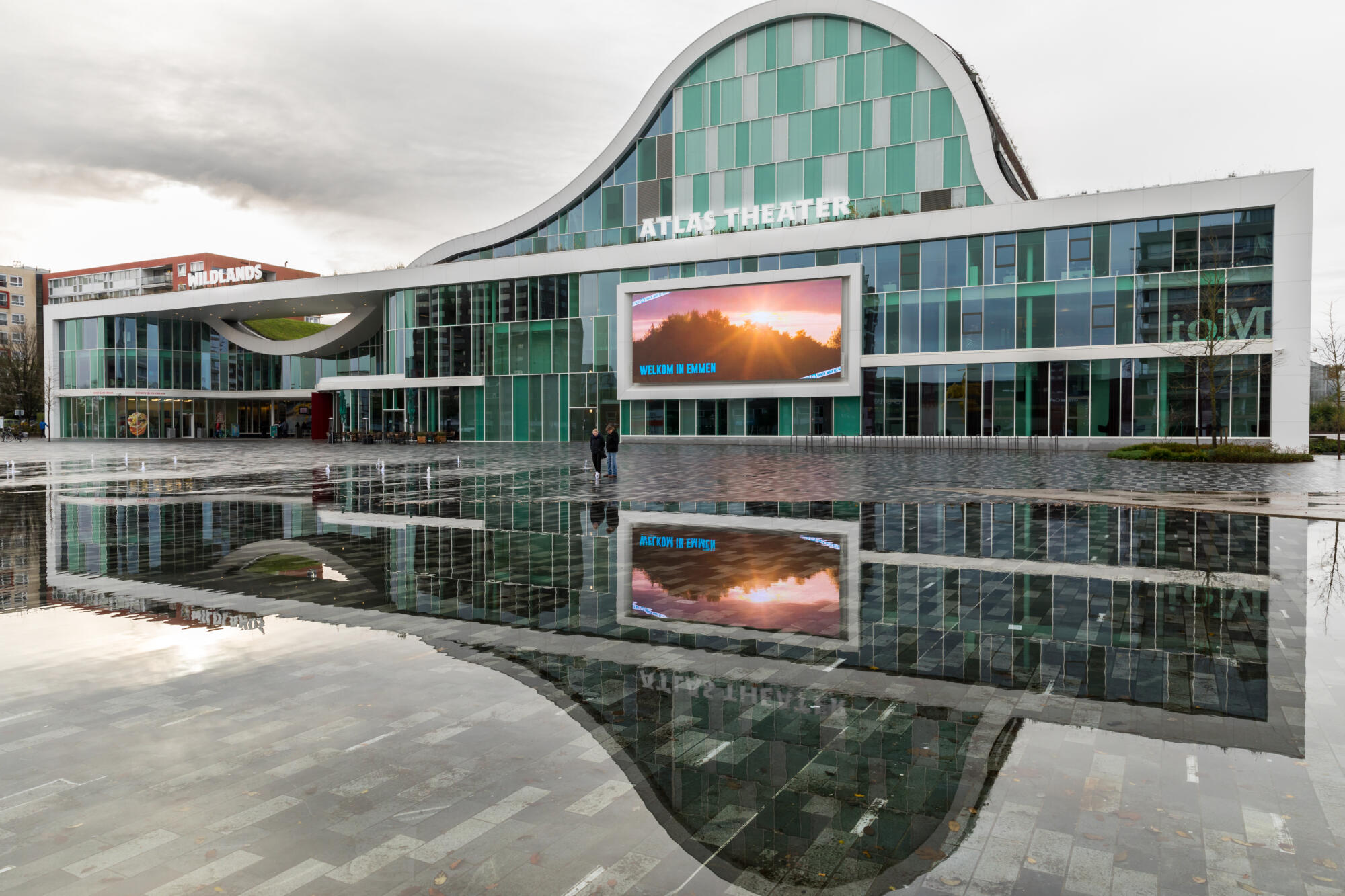June working group meetings: Digitisation, SMCs... and more!
As the sun (finally) poked its head out from behind the grey European skies, POLIS’ working groups were a hive of activity. Member cities, regions, universities and others, convened to discuss leading mobility issues, common challenges and shared solutions.
This month’s meetings were particularly poignant for their honesty and clarity. Speakers and participants were clear and open about the obstacles they have faced in transitioning to more sustainable, smarter transport, and offered their peers frank advice.
Traffic Efficiency: Members in the spotlight
Throughout May and June, POLIS Traffic Efficiency Working Group has been guiding members through the data experiences and practices in its “Members in the Spotlight” series.
Data and digitisation are transforming the day-to-day mobility operations across cities and regions, creating exciting opportunities for future management strategies. Both local authorities and their operating partners are building their data/digital skills and pioneering data tools to help achieve more efficient operations and planning.
Cities and regions are all at different stages of data and digitalisation advancement. By showcasing the strategies of public agencies, the Traffic Efficiency Working Group has provided a forum for discussion between mobility stakeholders, helping each understand what works… and what does not!
There are tough decisions to be made when navigating this process, and POLIS has been supporting its members through this process.
The group has heard from Paris and Brussels Mobility operator, STIB/MIVB, where leading data management professionals shared their advice and experience.
Safety & Security Working Group: Framing Road Safety Policy
Speed reduction signage and cameras placed sporadically at the roadside cajole drivers into slowing down in specific districts, yet do little to create long-term changes in safety.
On 22 June, the Safety & Security working group brought together a spectrum of voices from across Europe to debate how we move beyond current measures, towards comprehensive behaviour change.
Moscow, Bilbao and Brussels presented their innovative and hard-hitting campaigns for reducing speed and mitigating road casualties.
This was followed by an engaging conversation on the framing of road safety across the language we use.
Journalist, Laura Laker and Mário Alves, Secretary General, International Federation of Pedestrians both offered some interesting alternatives to the way we discuss the relationship between drivers, cyclists and other road users.
Traffic Efficiency: ITS and MMITS
The EU’s ITS agenda is leading to a raft of new regulations or legislative revisions, which will have increasing implications for POLIS members.
POLIS has been following and engaging in these developments for more than a decade and has sought to create a dialogue between members and the European Commission. However, navigating these developments is often complex for POLIS members.
Across June, the Traffic Efficiency working group continued its focus on data, convening for a workshop on Multi-modal travel information services (MMTIS) regulation. Having explored the Real-time traffic information (RTTI) delegated regulation (event held 21/5/21), the meeting explored the repercussions of revisions to MMTIS regulation for POLIS members, guiding attendees through necessary preparations.
Traffic Efficiency: Management goes digital
As the influence of traffic managers on the route choices of drivers diminishes (due to the growth in routing services) and European legislation changes, local authorities must deploy and revise digital approaches to traffic management. It seems like a daunting task, so what is the optimum way forward?
To examine the options available, and explore current use cases, the Traffic Efficiency working group brought together Stuttgart, Gothenburg and Amsterdam as well as the German suite of projects (Navigar, City2Navigation & Saturn), to provide POLIS members with a clearer understanding of the challenges facing them, and opportunities available.
Small and Medium Sized City Platform: RRF, Urban Nodes and city attractiveness
Cities have unique mobility governance needs. From sprawling metropolises to small conurbations, space, size and resources affect sustainable transport choices. Indeed, POLIS hosts many small and medium sized members which are engaged in a range of cutting-edge ventures which are changing the face of urban mobility.
POLIS’ SMC Platform seeks to facilitate knowledge sharing and exchange of best practices and common challenges, while promote the accomplishments and innovations of SMCs.
The SMC Platform meeting, held on 28 June, 2021, brought together a range of SMCs to examine what their peers are doing and explore common solutions for shared challenges. It was a truly collaborative event, with participants reaching out to one another for advice, resources and knowledge exchange.
The meeting heard from the SURF project and how cities including Aarhus and others are using the initiative to find instant- yet innovative- solutions to urban logistics.
The relevance of revision to Urban Node regulation for SMCs was also discussed, as well as how the reveal project is helping SMCs like Ghent develop vehicle access regulations and new space management tools.
Urban Freight: POLIS-ALICE conversation continues
Zero-emissions and efficient city logistics will be a tough task, cities and the industry cannot, and will not, attain this goal alone.
Public-private collaboration is instrumental in creating new and innovative models and services, which distribute resources in efficient and effective ways. As the EU’s new framework seeks to accelerate innovation, such partnerships will be a critical tool for achieving this.
Over the last several months, POLIS and Alice, The Alliance for Logistics Innovation through Collaboration in Europe, have been cooperating to proactively respond to the pollution, congestion, safety and environmental challenges, seeking to create guiding principles for local initiatives and logistics industry, as well as provide direction to Horizon Europe Program and other EU initiatives.
Through a series of workshops, cities and industry have convened for comprehensive discussion about the key challenges they are facing, identifying possible avenues for collaboration.
The recent workshop on smart governance & regulation proved particularly active, as cities including Madrid, Stuttgart, Dublin and Gothenburg explored the importance of sustainable urban logistics plans, the relationship between national and local decision making for prioritisation of low emissions vehicles, procurement requirements and the capacities for physical and technological solutions for zero-emissions logistics.
The rigorous brainstorming and feedback session was a unique opportunity for sharing useful case studies and approaches being trialled by different participants.
This series of workshops will contribute to the definition of the content of the POLIS-ALICE position paper on urban freight, to be launched at the POLIS Conference in December 2021.
POLIS membership
POLIS working group meetings are open to members only. For further information contact Pasquale Cancellara, Project and Membership Services Manager, pcancellara@polisnetwork.eu







